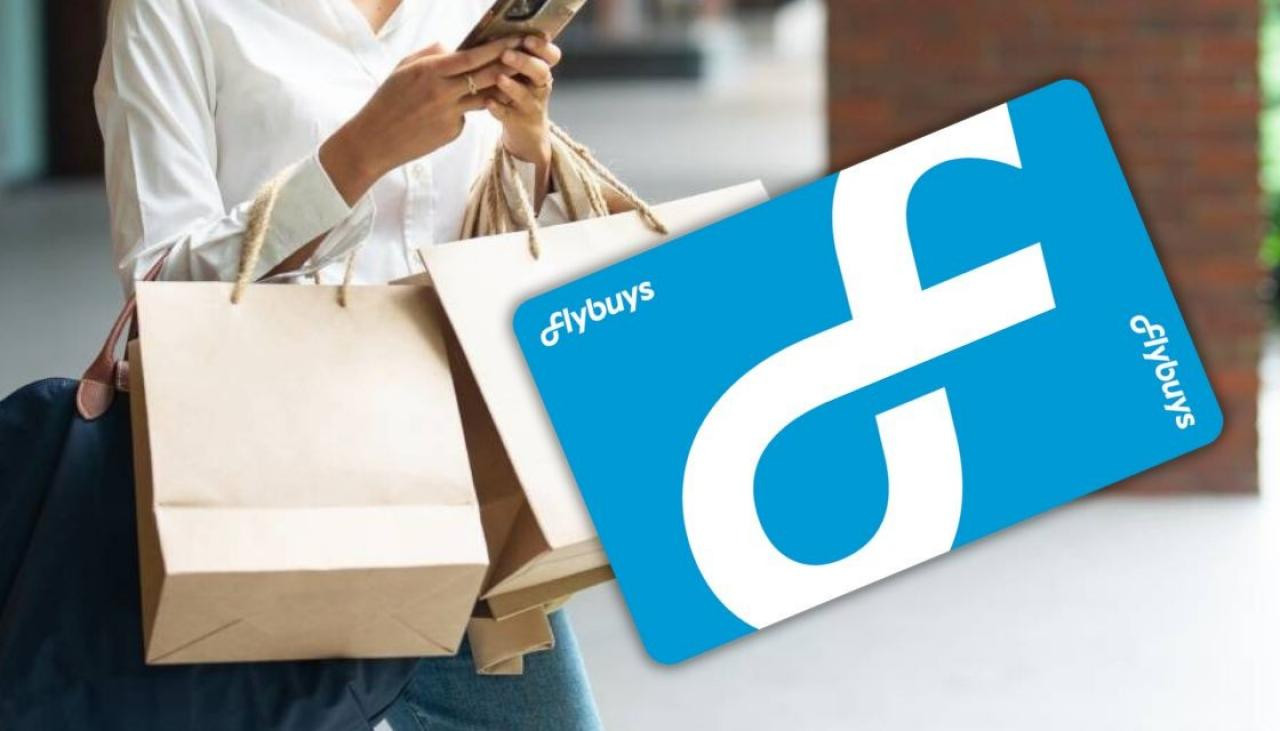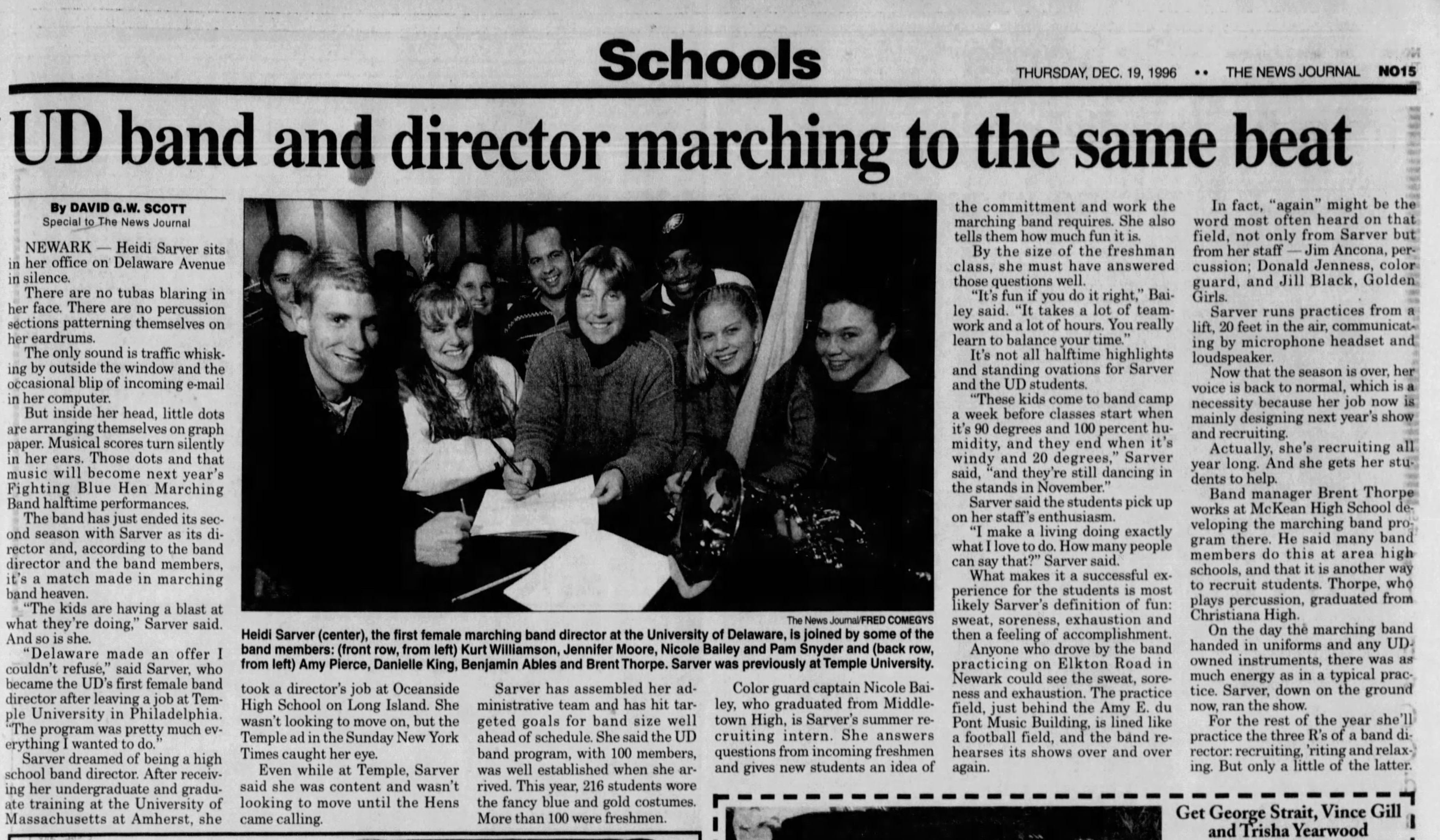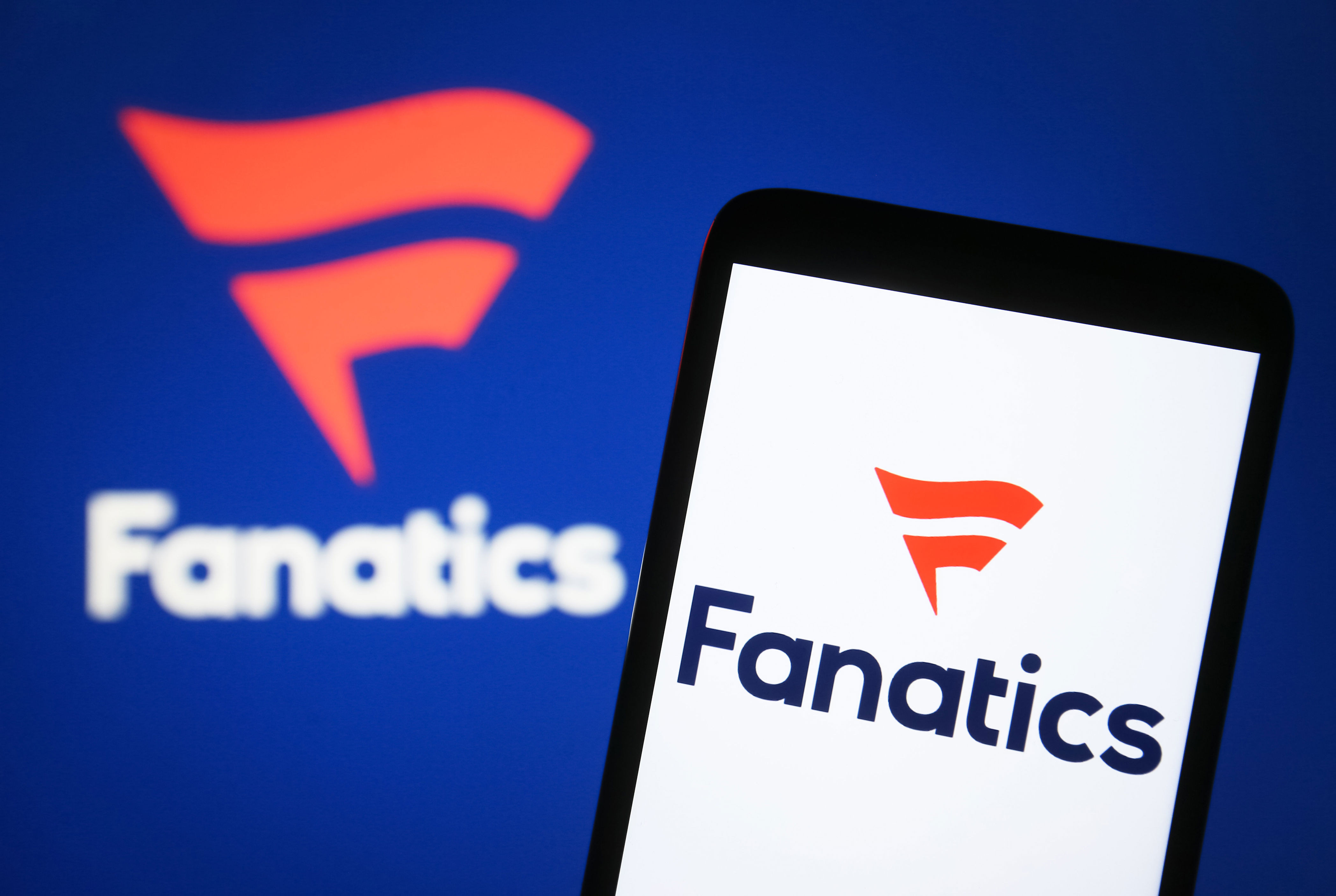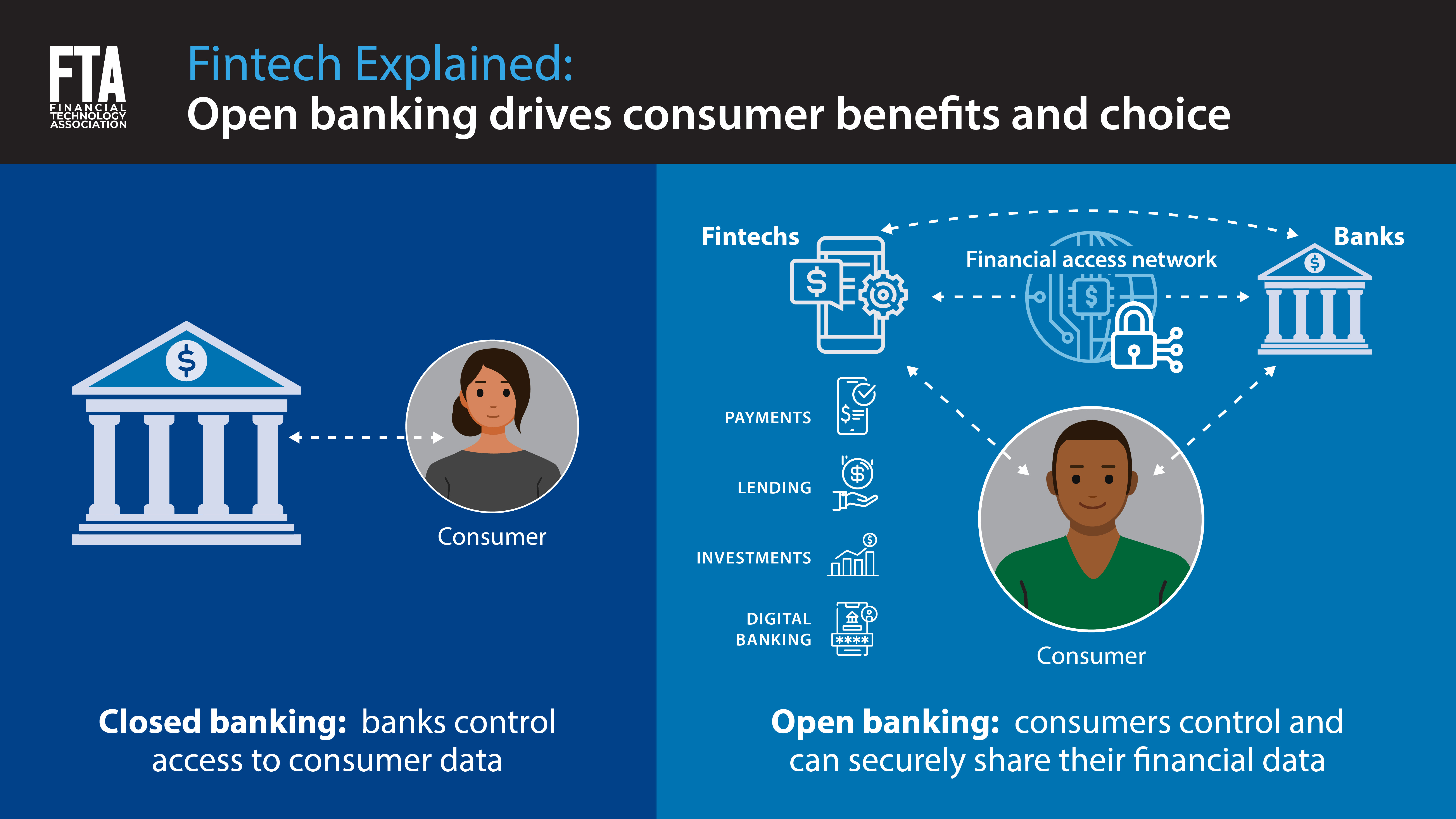Flybuys New Zealand, a household name synonymous with rewarding customer loyalty for nearly three decades, has announced its closure. This move, effective from September 2023, marks the end of an era for the popular loyalty program, leaving many wondering what the future holds for customer loyalty programs in a rapidly evolving retail landscape.
The Decline of Flybuys NZ: A Tale of Changing Consumer Habits and Market Dynamics
The closure of Flybuys NZ is attributed to a confluence of factors, primarily a shift in consumer spending habits and the evolving dynamics of the New Zealand retail market. With the rise of online shopping and the increasing popularity of alternative reward programs, Flybuys NZ struggled to maintain its relevance and appeal to a generation of digitally savvy consumers.
The program's reliance on traditional retail partnerships, often linked to supermarkets and department stores, failed to keep pace with the changing landscape. This has led to a decline in Flybuys NZ's user base and its ability to offer compelling rewards, ultimately impacting its sustainability.
The Impact of the Closure on Consumers and Retailers
The closure of Flybuys NZ will undoubtedly have a significant impact on both consumers and retailers. Consumers who have accumulated Flybuys points will need to redeem them before the program closes. This presents a challenge for those with substantial points, as they need to ensure they find products and services that align with their accumulated value.
Retailers who participated in the Flybuys program will also need to adapt to the changing loyalty landscape. This could involve exploring alternative loyalty programs, focusing on building stronger customer relationships through personalized experiences, or investing in their own unique rewards systems. The closure of Flybuys NZ highlights the need for retailers to continuously innovate and adapt their loyalty strategies to meet the evolving needs of their customers.
What This Means for the Future of Loyalty Programs
The closure of Flybuys NZ raises important questions about the future of loyalty programs in a world where consumer preferences are constantly shifting. While traditional reward programs like Flybuys may be facing challenges, the concept of customer loyalty remains paramount for businesses.
The future of loyalty programs likely lies in a more personalized, digital approach. Programs that offer tailored rewards based on individual customer behavior, seamless integration with online shopping experiences, and a strong focus on providing value beyond points accumulation are likely to thrive. The industry is witnessing a rise of loyalty programs that utilize data analytics to deliver personalized experiences and provide real-time value to customers.
The closure of Flybuys NZ serves as a reminder that customer loyalty programs need to constantly evolve to remain relevant and effective. Businesses that embrace innovation and adapt to the changing needs of their customers will be well-positioned to thrive in a loyalty-driven landscape.
The Legacy of Flybuys NZ: A Reminder of the Importance of Adaptability
Despite its closure, Flybuys NZ leaves behind a legacy as a pioneer in the loyalty program landscape. It played a significant role in shaping the way consumers interacted with brands and retailers, introducing a generation to the concept of rewards for their loyalty. The program's closure underscores the importance of adaptability and the need for businesses to continuously evolve to meet the changing demands of their customers. As the retail landscape continues to evolve, the lesson learned from Flybuys NZ will undoubtedly influence the development of future loyalty programs, emphasizing the need for innovation, personalization, and a constant focus on providing value to customers.
This news, however, doesn't necessarily signal the end of loyalty programs. Instead, it highlights the need for them to adapt, become more personalized and digital. The closure of Flybuys NZ might just be the wake-up call needed to push for a more customer-centric approach to loyalty programs.



















